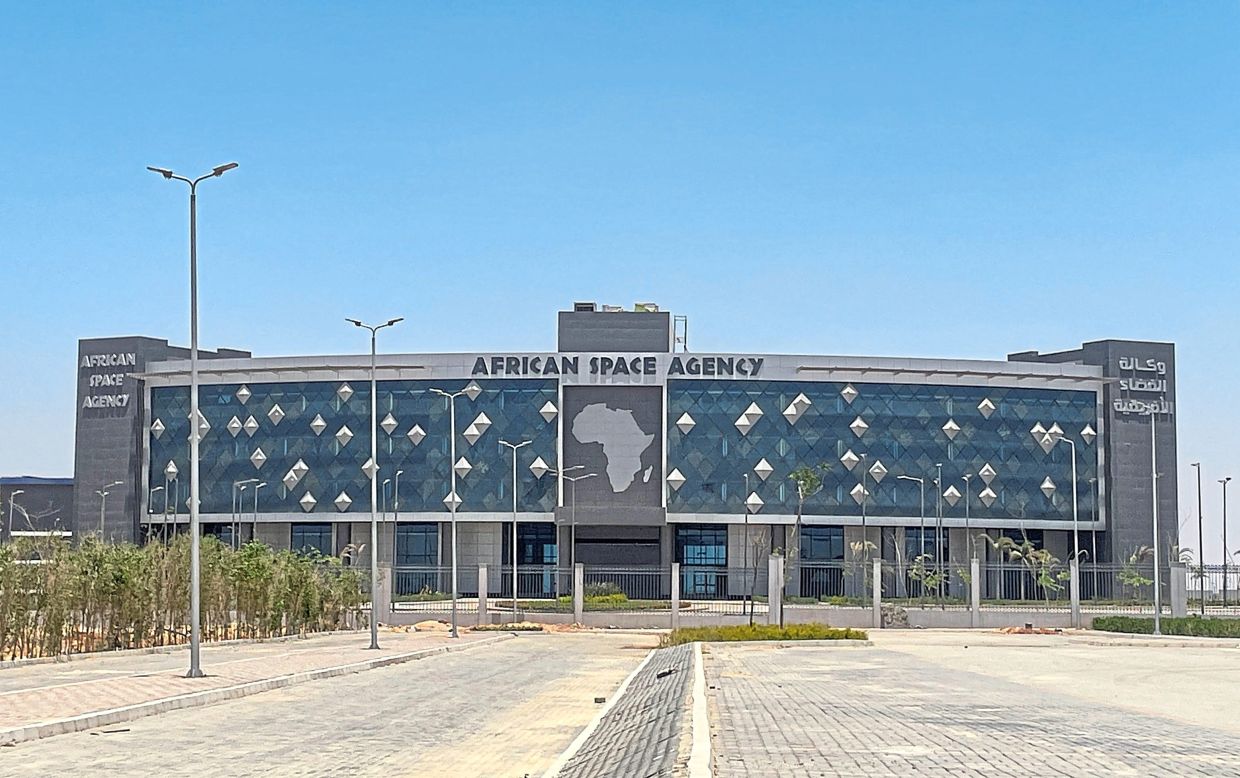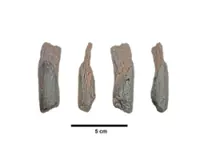ON the outskirts of Cairo, a state-of-the-art space lab was meant to mark Africa’s entry into satellite production.
However, a closer look inside tells a different story. Equipment arrives in crates from Beijing, Chinese scientists oversee operations, and a Chinese flag hangs prominently on the wall.
The first satellite assembled at the factory – hailed as Africa’s first – was largely built in China and launched from there in December 2023.
This facility is the latest addition to China’s expanding and largely opaque overseas space programme.
Beijing is forging space partnerships across Africa, strengthening its global surveillance capabilities and positioning itself as a dominant force in space.
While China openly announces its satellite donations and ground stations, it remains silent on its long-term access to the data these systems collect and the continued presence of Chinese personnel at the sites.

China’s gateway to Africa
The Egyptian satellite lab is the centrepiece of Space City, a sprawling complex 30km east of Cairo near the new administrative capital championed by President Abdel Fattah El-Sisi.
Over the past two years, China has provided Egypt with a range of space technology, including a space monitoring centre equipped with two of the world’s most powerful telescopes and three Earth observation satellites – two made in China and one assembled in Egypt. One of these, according to sources, possesses military-grade surveillance capabilities.
Egypt, a major recipient of US military aid, is not alone in its growing space collaboration with China.
Beijing now has space agreements with 23 African nations, providing satellites, ground stations, and other technology.
In 2023, Egypt, South Africa and Senegal joined China’s plans for a future moon base – an initiative competing with US-led lunar ambitions.
This is just the beginning.
In September, Chinese President Xi Jinping announced that space technology, including satellites and deep-space exploration, would be key priorities in a US$50bil package of loans and investments earmarked for Africa over the next three years.
Publicly, China frames these projects as efforts to ensure no nation is left behind in the space age.
Privately, the arrangement yields valuable returns – access to surveillance data, enhanced military capabilities and a permanent foothold in African space infrastructure.

A strategic global network
The Pentagon views China’s expanding space operations in Africa as a security risk, warning that Beijing’s access to sensitive data could bolster its military power and influence over governments reliant on Chinese technology.
“The space infrastructure China is placing in developing nations is creating a global surveillance network,” said Nicholas Eftimiades, a former US intelligence officer and expert on Chinese espionage. “Beijing has democratised space to enhance its authoritarian capabilities – and it’s doing so very effectively.”
US allies have already begun distancing themselves from China’s terrestrial space projects.
In 2020, Sweden declined to renew a contract that had allowed China to operate satellite ground stations in Sweden and Australia, citing geopolitical concerns.
Liu Pengyu, spokesman for the Chinese embassy in Washington, rejected allegations that China’s space efforts serve intelligence or military purposes, instead accusing the US of hypocrisy.
“The US is the world’s largest surveillance state,” he said.
A race for influence
China’s space ambitions are part of a larger geopolitical contest.
Over the past two years, Beijing has accelerated the launch of low-earth orbit communications satellites, positioning itself as a competitor to Elon Musk’s Starlink, which provides commercial internet service and supports US intelligence operations.
Stephen Whiting, head of the US Space Command, acknowledged China’s rapid progress.
“We see breathtaking advancements by China in space, and we’re paying attention,” he said, adding that Beijing’s partnerships with developing nations are a key part of its strategy.
The state-owned China Aerospace Science and Technology Corporation (CASC) has set a goal of making China the world’s top space power by 2045, with plans to land astronauts on the moon by 2030, build a lunar base and develop nuclear-powered space shuttles.

Washington’s retreat
As China expands its influence, US space diplomacy is waning.
The Trump administration’s cuts to international aid programmes have limited Washington’s ability to counter Beijing’s offers of satellite technology and investment.
While Donald Trump created the US Space Force in his first presidency to prioritise military superiority in space, his administration showed little interest in forging partnerships akin to China’s African initiatives.
Trump’s close ties to Musk may drive a renewed focus on a US-led return to the moon and potentially Mars.
Nasa’s Artemis programme, supported by SpaceX, aims to put astronauts on the moon by 2028 and establish a space station in lunar orbit with partners from Canada, Japan, the UAE and the European Space Agency.
However, China is offering an alternative.
The US-led Artemis Accords, which outline guidelines for lunar exploration, have been signed by over 50 countries.
China has dismissed the framework as a Western land grab, proposing instead the International Lunar Research Station. This initiative has already secured backing from Russia, Egypt, and ten other nations.
Scott Pace, head of the National Space Council in the first Trump administration, described China as a “self-interested actor” aiming to cement itself as the “centre of power” in space.
A new space order
Washington’s struggles to match Beijing’s strategic approach in Africa are shaping the next global space race.
With over 90 nations now running space programmes, many are aligning with either the US or China. By equipping developing nations with space technology, Beijing is cultivating long-term allies in a high-stakes battle for dominance beyond Earth.
Abdissa Yilma, the general director of the Ethiopian Space Science and Geospatial Institute said his country is neutral and will not get drawn into the US-China rivalry.
But he said the contest could help supercharge technological development, just as East-West competition did in the Cold War.
“It seems that the race has started again,” Yilma said. — Reuters





